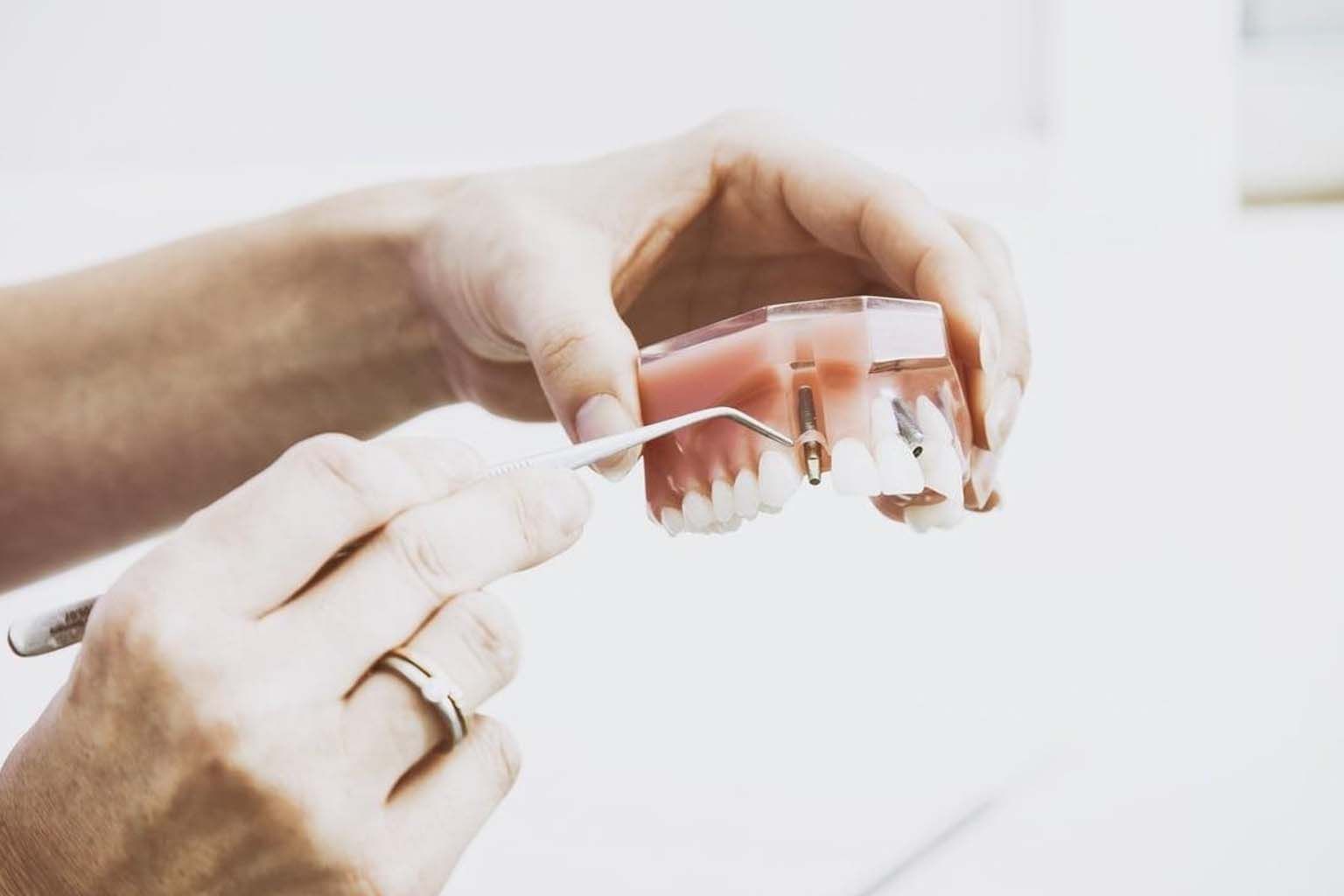Why do your teeth hurt? The thought of having a dentist’s appointment is a nightmare. No matter how friendly the staff and the dentist are, you will always have an eerie breeze surrounding the chamber. Once you get in, the time is bound to be a living nightmare. Yeah, we know, the reason why you had been trying to avoid the appointment even after having the toothache. Happy Announcement!! “You can have a toothache, treat it by yourself and even if you visit the dentist, you can come out smiling.” Why? Because a toothache doesn’t always have to do with cavities!!
Reasons Why Your Teeth Hurt
The extraction of cavities can be painful but your toothache can be due to several different reasons! Read on to know more!
1. Gum Recession
Gum recession is the process in which the margin of the gum tissue that surrounds the tooth wears off its resulting in bacteria build-up. It requires medical treatment and if left untreated, can cause tooth loss. Gum recession is usually caused by hard brushing and can be avoided by brushing softly with a soft-bristled brush. The most common symptom of a gum recession is sensitivity. Even a notch can be felt near the gum line.
2. Gum Infection
Gum infections can be serious and can damage gums as well as jawbones. The cause is usually poor oral hygiene. It can cause tooth loss and it’s a risk factor for heart and lung diseases. If you are suffering from swollen, red, or tender gums, bad breath, toothache, bright red, or bleeding gums, it’s time for an appointment! The treatment includes professionally cleaning the pockets around teeth to prevent damage to surrounding bones. Advanced cases may require surgery.
3. Tooth Trauma
Tooth trauma is also known as dental trauma refers to an injury to the tooth, gums, periodontal ligament, alveolar bone, or nearby soft tissues such as the lips, tongue, etc. Symptoms include cracked teeth, the sharp edge of teeth, bleeding gums or lips, trouble moving the jaw or mouth, and a change in the dentition. If any of the above is noticed immediately visit a dentist as the condition requires medical treatment.
4. Cracked Tooth
CRACKED TOOTH can occur due to several reasons like grinding your teeth with pressure or too much chewing of hard foods like nuts or hard candies. It may also occur due to any kind of blow to the mouth. People of age 50 or more have higher risks of developing this.
General symptoms are pain while chewing food, sensitivity to heat, cold or sweetness, swelling of the gum around the affected tooth, and recurrent toothaches. Treatment generally depends on the size of the crack or its location and whether the crack extends into the gum line. Depending on these, the dentist does the treatment. This condition requires a medical diagnosis.
Also Read; Straight Teeth Without Using Braces
5. Tooth Filling
TOOTH FILLING may be a problem if it’s not done properly by the dentist. Generally, the pain stays a day or two after filling and it’s common but if it stays for more than 3 days it may be due to bad filling, or maybe the filling isn’t done at the right spot and is interfering with your biting. It may also cause a malocclusion, which prevents teeth from fitting together while chewing or biting. It may also cause sensitivity or discomfort in the teeth.
These are the general symptoms to understand your pain after a filling isn’t natural. If the symptoms continue after 2 days, visit the dentist as soon as possible. If the matter is malocclusion then they will adjust the height of the filling to fix the shape and make it comfortable and easy.
6. Clenching Teeth While Sleeping
If you have bruxism, you may unconsciously clench your teeth when you are awake or grind them while asleep.
It’s not something normal and can be identified by noticing several things like:
• If you have it you may grind or clench your teeth loud enough to wake people sleeping next to you,
• Teeth are flattened or fractured or loose,
• Decaying tooth enamel
• Increasing pain in teeth or sensitivity
• Jaw muscles are tired or tight
• Pain in jaw, face, or soreness
• Cheek damages due to chewing
• Sleep disruption can also occur
 Clenching Teeth
Clenching Teeth Make an appointment with the dentist if you notice any of the above symptoms. The exact cause of the condition isn’t known yet but researchers say may be due to some physical psychological or genetic factor.
7. Sinus Infection
Also known as sinusitis, it is a condition in which cavities around the nasal passages become inflamed. It is mostly triggered when you get a cold or allergies. It usually resolves by itself and can last up to eight weeks. Symptoms are generally headache, facial pain, running nose, or nasal congestion.
Also Read: Wisdom Teeth Complications

